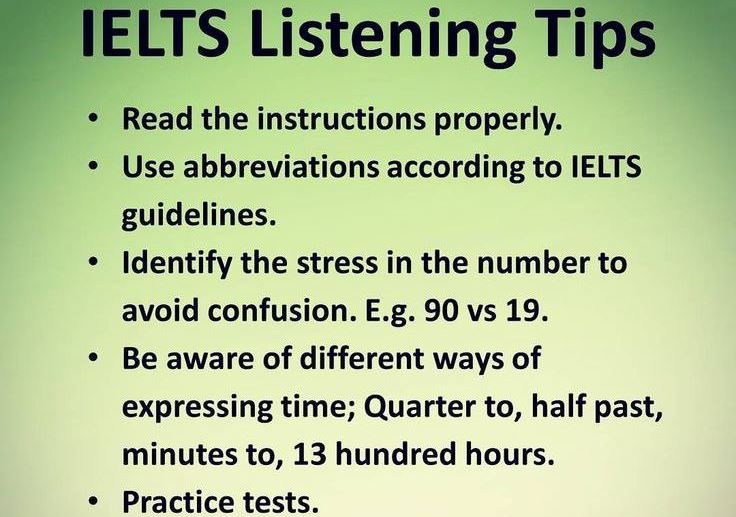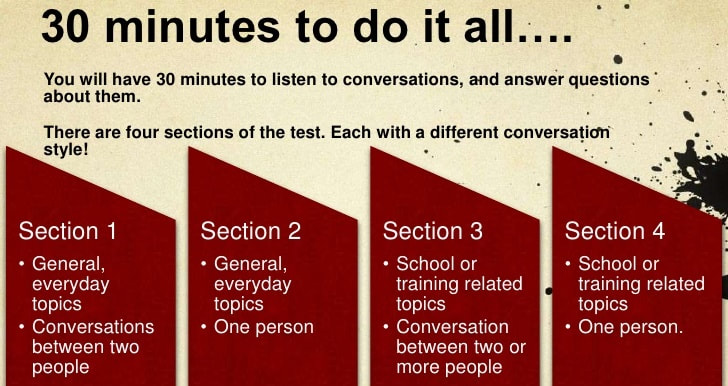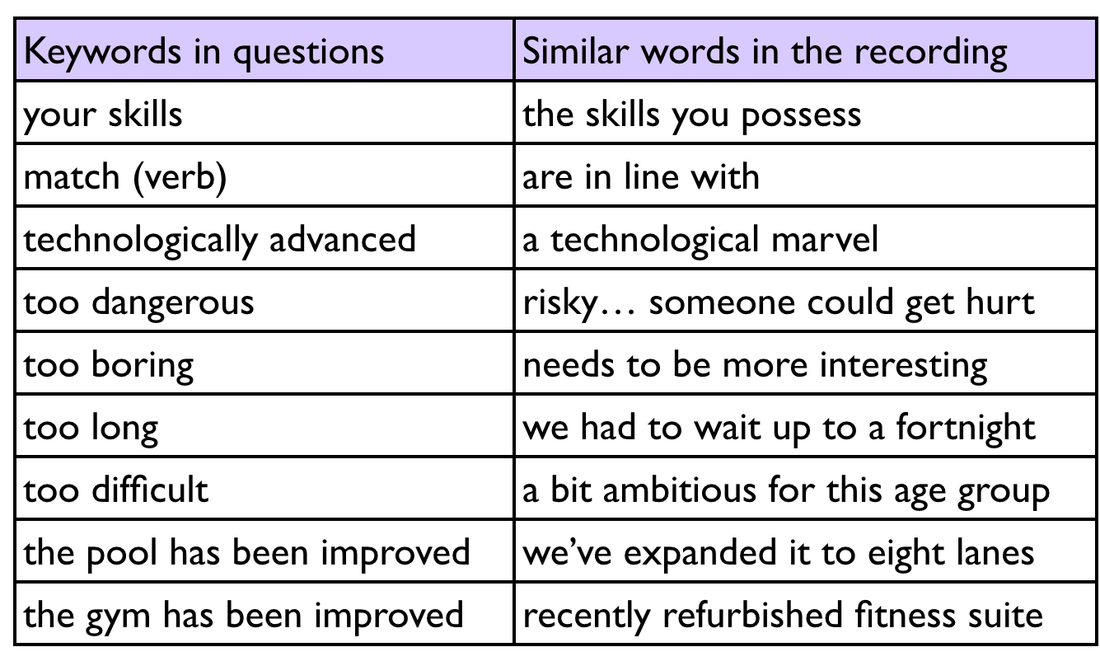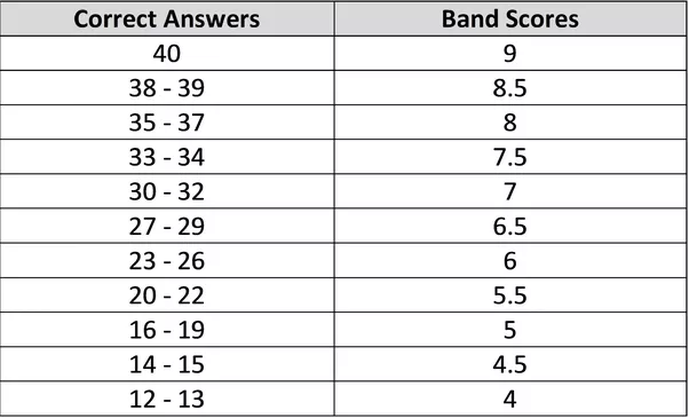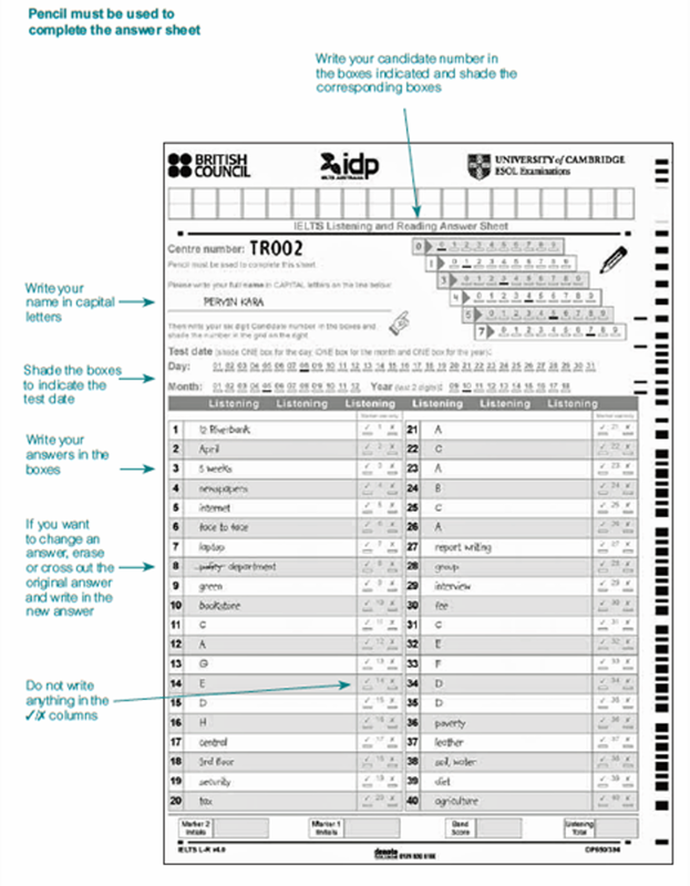Are you afraid to IELTS listening test? If it is yes, this article is for you. In my IELTS teaching experience, I have faced so many questions from the part of the IELTS candidates. Sometimes they –tell me, we cannot understand the accent, the speaker talk too fast, the speakers cannot utter the word clearly, we cannot understand the topic, topic was totally unknown, we cannot understand the graph, the graph and map is too difficult, we cannot understand a multiple choice question, the section 4 is very difficult and thousands of questions go on and on. Now, as a candidate you may ask questions, is there any solution of those questions? Yes, of course, there is a solution. Following some easy steps you can gain your desired score in IELTS.
IELTS listening is nothing but strategies. With your knowledge if you don’t use your strategies, you cannot gain desired score. Just follow the following strategies:
1. Ask yourself, do you know the IELTS listening exam system and pattern? If you don’t know, at first you should know that. IELTS listening has 4 sections known as sections. Each section contains different topics and also each section has 10 questions. So total 40 questions you have to answer.
2. Be familiar with an IELTS answer script and rules about answering questions:
Have you seen the IELTS answer script? If you have not seen yet, it is attached to this article at the end. Never try to answer all the questions. You are not a superman and you need not score 9 out of 9. You need only 6.5/ 7, 7.5/ or 8. So if you cannot answer all the questions don’t panic. If you become panicked, you will lose the score of the known questions.
3. Try to gather knowledge on various types of social issues:
You need to achieve first hand knowledge, 2nd hand knowledge, observation, ethnographic knowledge and experience. First hand knowledge means, you will learn something directly related to your own experience, like you have visited a place yourself. 2nd hand knowledge means you are taking knowledge from others source, like watching tv, reading books, listening some experience from others. Observation means, you need to be a good observer. You can observe people, race, place, incident, society, culture, etc. Last ethnographical knowledge which means in the world there so many ethnic minorities and disconnected people and tribe. You need to learn about them.
4. From where you can learn these things? In IELTS diver’s knowledge is tested as general knowledge. So you should read the newspaper, watching BBC, CNN, watching movies, sharing experiences with friends, etc.
5. It is difficult to learn British accent within short time. That’s why it is better to learn some phonetics so that you can easily understand the accent. In this case you can take help from your teacher.
6. You must follow the exam rules and you must be habituated to them. By this way you will know the rules of the exam. We will discuss these rules now, one by one.
In the IELTS exam, after security check, you will take your seat. At first the authority will provide you listening test. Then they will provide you question paper and answer script and the authority will test the audio so that all the IELTS candidates can understand easily. After that they will, switch on listening test. You are not allowed to open the test script unless the authority permit you. If you are clever, you need not listen to them, as they cannot keep an eye to all candidates. While they are testing the sound system, you will silently open the script and see the 4 sections at a glance.
As there are limited time, just know the topic of the 4 sections that’s all. By this 1 or 2 minutes you will understand what are the listening topics. Then until the test started, just imagine the first section and think questions from all angles. For instance, if the section is about a travel agency, think about the travelling mode like bus, train, plane, boat, timing of the journey, fair, any discount, etc.
In this section two persons will converse with each other. You will get 30-40 seconds to read 4 to 5 questions. Read the topic. Of course the topic will be familiar specially with the social issue. Think about the topic from the different angle. In this section you will find someone who introduces the topics and the speaker. You have to understand the introducer’s speech. Otherwise, you will not understand rest of the topic.
In this section, you need not answer all those questions at a time. This section will be divided into two sections to answer. You may have to answer 4 to 5 questions at the beginning and the rest of the 6 questions at the end.
Try to answer all the questions in this section as it is the easiest section among 4. In this section you will find one or two questions difficult, but never be worried. If you cannot answer one or two questions, leave that. In this section you will find someone is asking for a phone number or asking name. For all IELTS speaking question, you need to know some synonyms. For example, in the question you may find the word ‘next’ but when the speakers will talk, they will say ‘beside’ instead of ‘next’.
Section 2:
In this section, you will find only one speaker who will deliver a lecture or he will instruct someone to do something. Like the section 1, here someone also introduces the topic and you must understand what the person is going to do here now. This section is a little bit difficult in comparison to section 1.
In this section you might get multiple choice questions, but those questions are not so much difficult. You might find 2 to 3 questions difficult, but at least try to make 8 correct, in this section.
Section:3
In the section 3 again, there are more than one speaker who actually talks about an academic matter like research, assignment or some other important social issue. In this section you might find multiple choice questions which might be difficult. If you want to get score 6 or 6.5 you should avoid this section, but you must answer all the questions. But, how? Yes, there is a trick. You just answer all the question, guessing. For example, in the multiple choice question you have to answer A, B or C. What you can do is to answer all As, or all Bs or All Cs. Among the 5 questions definitely you will be able to make 2 correct, by guessing! From the rest of the 5 questions, you will be able to make corrections at leas 3 or 4.
Section: 4:
The last section in the IELTS listening test. In this section you have to answer all the questions at a time. You will not find any pause like another section. Here you will find 5 questions easier and 5 others difficult. Those difficult questions might be multiple choice questions. If those questions are multiple, just do like the previous section like guessing. Among 5 try to make correct, 2 and from the rest of the 5 make correction, 3 to 4.
• If you want to score 6, you need to answer the questions following ways:
From section 1, try to correct, at least 8 questions among 10
From section 2, try to make correct, at least 7 questions among 10
From section 3, try to make correct, at least 5 questions among 10
From section 4, try to make correct, at least 4 questions among 10
So you are making an overall correction, 24 questions. To get score 6 you need to make 23 questions correct,.
• If you want to score 6.5, you need to answer the questions following ways:
From section 1, try to correct, at least 8 questions among 10
From section 2, try to make correct, at least 8 questions among 10
From section 3, try to make correct, at least 5 questions among 10
From section 4, try to make correct, at least 6 questions among 10
So you are making an overall correction, 27 questions. To get score 6.5 you need to make 26 questions correct.
• If you want to score 7, you need to answer the questions following ways:
From section 1, try to correct, at least 9 questions among 10
From section 2, try to make correct, at least 8 questions among 10
From section 3, try to make correct, at least 7 questions among 10
From section 4, try to make correct, at least 7 questions among 10
So you are making an overall correction, 31 questions. To get score 7 you need to make 30 questions correct.
• If you want to score 7.5, you need to answer the questions following ways:
From section 1, try to correct, at least 9 questions among 10
From section 2, try to make correct, at least 9 questions among 10
From section 3, try to make correct, at least 7 questions among 10
From section 4, try to make correct, at least 8 questions among 10
So you are making an overall correction, 33 questions. To get score 7.5 you need to make 32 questions correct.
• If you want to score 8, you need to answer the questions following ways:
From section 1, try to correct, at least 9 questions among 10
From section 2, try to make correct, at least 9 questions among 10
From section 3, try to make correct, at least 8 questions among 10
From section 4, try to make correct, at least 8 questions among 10
So you are making an overall correction, 34 questions. To get score 8 you need to make 34 questions correct.
• If you want to score 8.5, you need to answer the questions following ways:
From section 1, try to correct, at least 10 questions among 10
From section 2, try to make correct, at least 10 questions among 10
From section 3, try to make correct, at least 8 questions among 10
From section 4, try to make correct, at least 8 questions among 10
So you are making an overall correction, 36 questions. To get score 8.5 you need to make 36 questions correct.
• If you want to score 9, you need to answer the questions following ways:
From section 1, try to correct, at least 10 questions among 10
From section 2, try to make correct, at least 10 questions among 10
From section 3, try to make correct, at least 9 questions among 10
From section 4, try to make correct, at least 9 questions among 10
So you are making an overall correction, 38 questions. To get score 9 you need to make 38 questions correct.
Summary of the Listening Test
1. Section 1 – Social context (2 speakers)
2. Section 2 – Social context (1 speaker)
3. Section 3 – Education/training (2-4 speakers)
4. Section 4 – Academic context (1 speaker)
The total time is 40 minutes: 30 minutes listening, and 10 minutes to transfer your answers onto the answer sheet.
Tips #1 Grammar
Incorrect, grammar will cost you points. So, be careful with things like plural and singular nouns. Capitalization of proper nouns is also important. For example, names of countries, cities or geographical locations must be capitalized. Like, if you write “Australia” as “australia” your answer will be incorrect.
Tips #2 Spelling
Incorrect, spelling will be regarded as an incorrect, answer.
Tips #3 Handwriting
If the examiner finds difficulty to read what you have written, it will be marked as incorrect. If you have messy handwriting, it might be safer to write your answers in all CAPITALS.
Tips #5:
If the instructions say “write no more than one word” and you write “the bus” instead of “bus”, your answer will be incorrect.
Tips #6:
Remember, there is no negative marking. So you will just get a zero for an incorrect answer.


